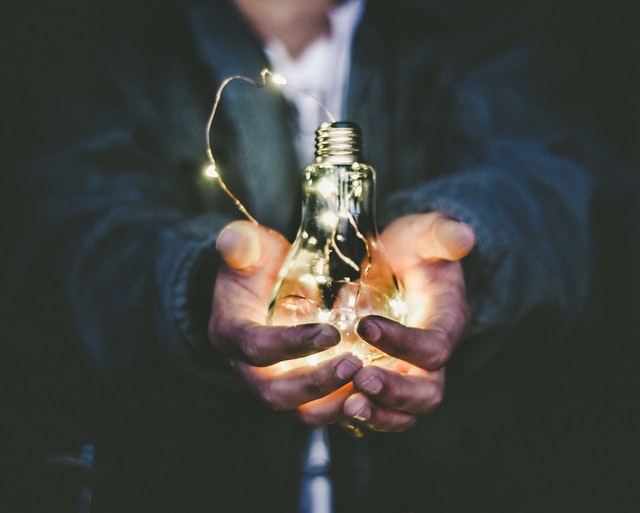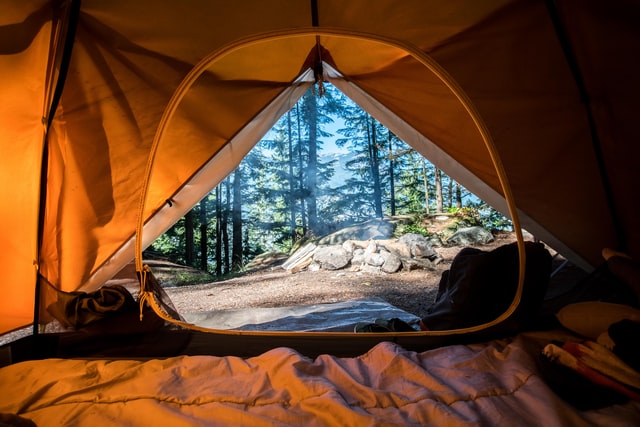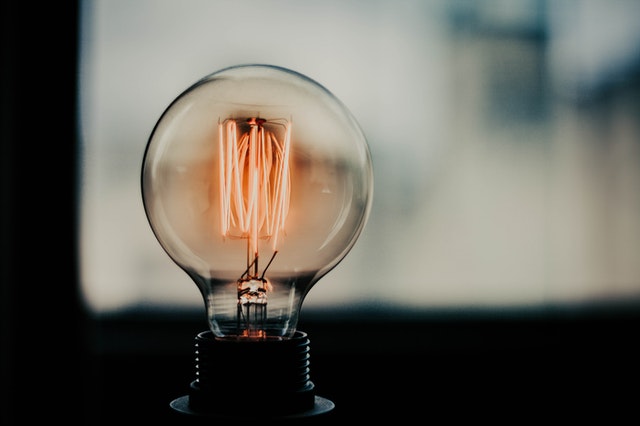
NSW is known for its national parks and coastal cities. The state has the highest population, with around 8.17 million residents living in the state per Sept 2020 estimates. According to a recent report, NSW uses around one-quarter of Australia’s energy due to its high population.
The state has extensive reserves of gas and black coal that are used for energy generation. NSW also has considerable renewable energy resources used in power generation.
Australia has deregulated the electricity generation and supply sector to make the market more competitive. If you want to lower your energy bills, compare electricity providers and select the best in your zone.
The monthly electricity bill is one of the primary utility expenses for NSW homes. If you want to reduce your monthly energy bills, follow these tips to make your home more energy-efficient.
Replace Bulbs with LEDs
As per data presented in the Australian Energy Statistics, the energy consumption in Australia rose by 0.6% during the period 2018-2019. However, you can reduce your energy consumption by replacing bulbs with LEDs in your NSW home. According to a recent study, LEDs use 75% less energy and last 25 times longer than traditional bulbs. Just imagine how much energy savings you can achieve by replacing all bulbs in your house with LEDs.
Adjust the Thermostat
The seasons in Australia are opposite to what you experience in the Northern hemisphere. The summer season starts in NSW from December and lasts till February. According to climate experts, January is the hottest month in NSW when temperatures soar beyond 23°C on average during the daytime.
You can reduce your daily energy consumption by raising or lowering the thermostat when you are not at home, as if it doesn’t have as much work to do, it doesn’t consume as much energy.
Following this tip can help you save 5% to 15% on your energy bills every year. To reduce your energy bills further, compare electricity providers in NSW to determine which supplier offers the best prices and plans suited to your specific needs.
Seal All Windows
The winter season in NSW begins in June and lasts till August. The average temperatures during winter hover between 7°C and 19°C. If you have a heating system in your home, you need to take the necessary steps to prevent air leaking. Sealing air leaks can also go a long way in reducing your energy bills.
You may have to call professionals to seal cracks and gaps in windows and doors, but following this tip will guarantee long-term results. Taking care of cracks and gaps results in reduced workloads for your heating and cooling systems, which results in reduced energy consumption.
Use Dishwashers and Washing Machines at Night
If you look at the power tariffs, you will see that the charges are higher during peak periods. Hence, you should avoid using dishwashers and washing machines during a peak period when there is a more significant load on the power grid.
You can use these household appliances during non-peak hours to lower your power bills and make your house more energy-efficient.
Set the Refrigerator Temperature Right
Setting the right temperature on your refrigerator also helps the same way as the thermostat. The less work your refrigerator has to do, the lower its energy consumption. However, always follow the manufacturer’s temperature recommendations for different seasons to get the best results from your refrigerator.



